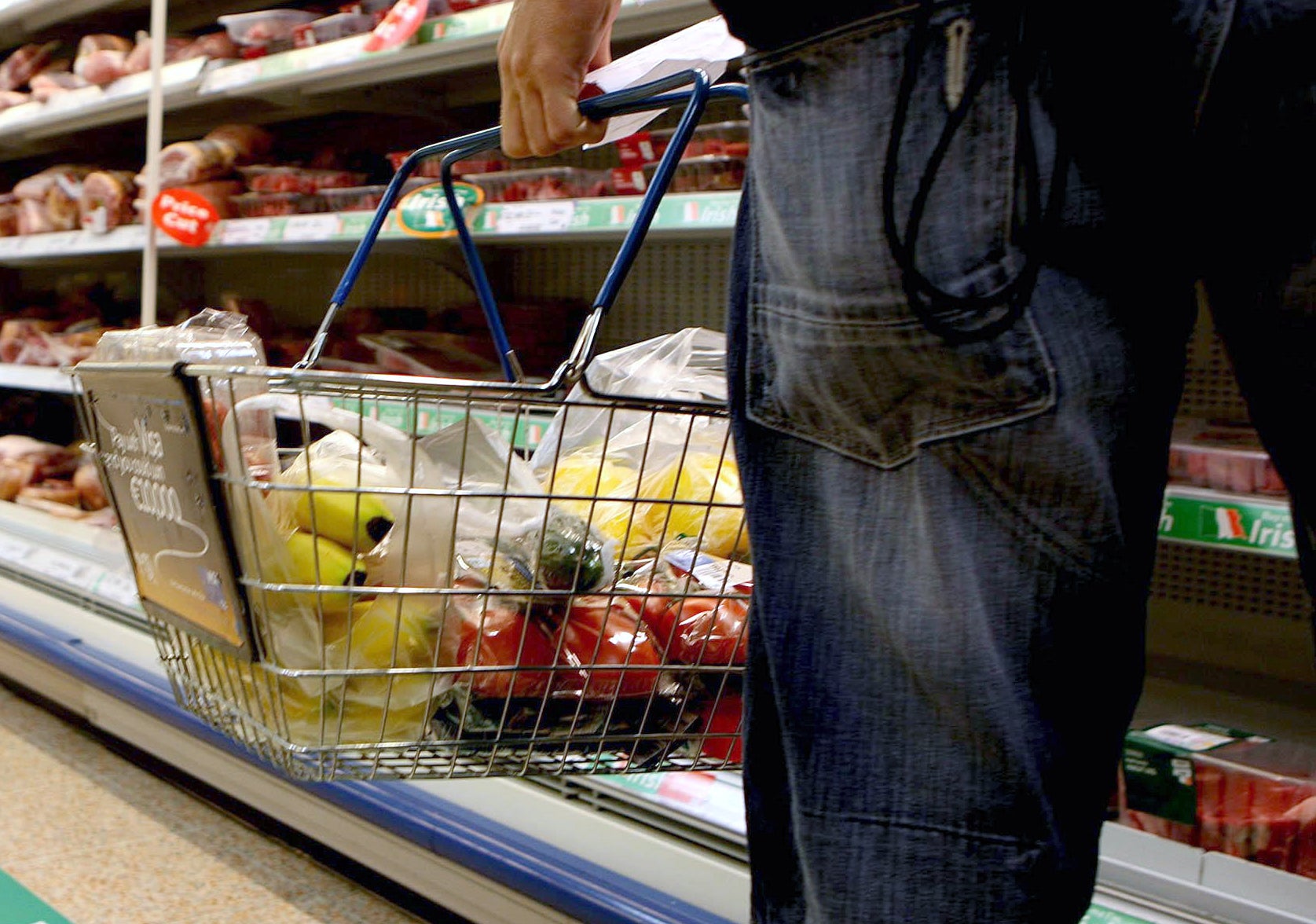
The UK rate of inflation risen to a 41-year-high of 11.1 per cent for the 12 months to October, according to the Office for National Statistics (ONS).
The present spike means that the price of everyday items like staple foods, fuel, clothing, shoes and furniture have all climbed over the last year, a development that threatens to hit low-income families hardest at a time when they can least afford it.
Rising costs, staff shortages and supply chain disruption are known to be affecting both big name retail brands and small businesses alike, leaving them with little choice, as they see it, but to pass on price rises to consumers to ensure their own survival.
Grant Fitzner, chief economist at the ONS, said: “Rising gas and electricity prices drove headline inflation to its highest level for over 40 years, despite the Energy Price Guarantee.”
He added: “Increases across a range of food items also pushed up inflation.
“These were partially offset by motor fuels, where average petrol prices fell on the month, while the price for diesel rose taking the disparity in price between the two fuels to the highest on record.
“There was further evidence that costs facing businesses are rising more slowly, driven by crude oil and petroleum prices.”
Cost of living: How to get help
The cost of living crisis has touched every corner of the UK, pushing families to the brink with rising food and fuel prices.
- The Independent has asked experts to explain small ways you can stretch your money,including managing debt and obtaining items for free.
- If you need to access a food bank, find your local council’s website usinggov.uk and then use the local authority’s site to locate your nearest centre.The Trussell Trust, which runs many food banks, has a similar tool.
- Citizens Advice provides free help to people in need. The organisation can help you find grants or benefits, or advise on rent, debt and budgeting.
- If you are experiencing feelings of distress and isolation, or are struggling to cope, The Samaritans offers support; you can speak to someone for free over the phone, in confidence, on 116 123 (UK and ROI), email jo@samaritans.org, or visit the Samaritans website to find details of your nearest branch.
Responding to the figures, new chancellor Jeremy Hunt said that the government must make “tough but necessary decisions on tax and spending to help balance the books.”
Retailers warned "there are few signs the cost-of-living crisis will abate any time soon" as they stepped up calls for help from Chancellor Jeremy Hunt.
Helen Dickinson, chief executive of the British Retail Consortium, said: "Many customers are keenly anticipating Black Friday deals and other promotions in the run up to Christmas, as they prepare to buy gifts and festive treats.
"Unfortunately, there are few signs the cost of living crisis will abate any time soon.
"Retailers face an £800 million per year hike in business rates from April 2023, so urgent Government action is needed to mitigate this and prevent even higher inflation in the new year."
This comes after the freeze of Ofgem’s energy price cap, the maximum amount a utility company can charge an average customer per year, at £2,500 for two years will have provided some relief to households, which were facing another 80 per cent rise in their bills from 1 October in response to soaring global gas prices.
Had the regulator’s planned increase in the cap been allowed to proceed, it would have risen from £1,971 to £3,549 for a household on average usage, with those on prepayment meters charged even more.
However, Mr Hunt has since moved to scale back that support to just six months, taking us to April at which point it will be reviewed and a new strategy imposed.

British consumers face flatlining wages and higher costs for everything from food, clothing, petrol, heating, housing and rent at a time when rising interest rates mean the cost of borrowing is going up too, most recently climbing another 0.75 percentage points to 3 per cent as the BoE’s Monetary Policy Committee moved to try to put the brakes on inflation.
While the current outlook appears bleak indeed, consumers are being encouraged to treat the present adversity, which will ultimately pass, as an opportunity to reassess their personal circumstances, streamline their finances and cut out any inessential regular outgoings.
Frances O'Grady, general secretary of the Trades Union Congress (TUC), said: “Britain's cost-of-living emergency is getting worse by the day. Family budgets are being shredded as the cost of food and energy skyrockets.
“The government must stop playing games and uprate pensions and benefits in line with inflation.
“But we need more than sticking plaster fixes. Unless we get pay rising across the economy we'll keep lurching from crisis to crisis.
“We can't be a country where nurses and teaching assistants are having to use foodbanks to get by.
“If ministers continue to hold down wages in the public sector millions of key workers will face years more of hardship.”







